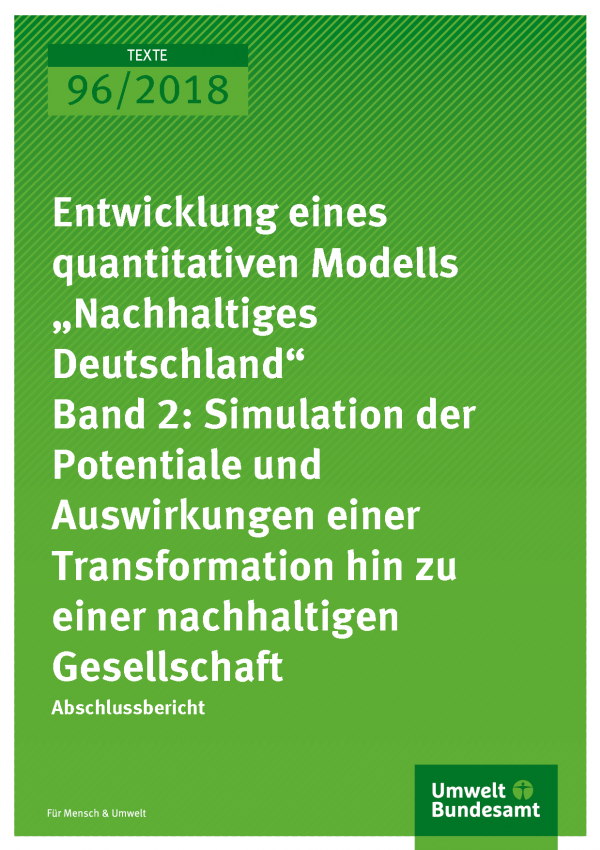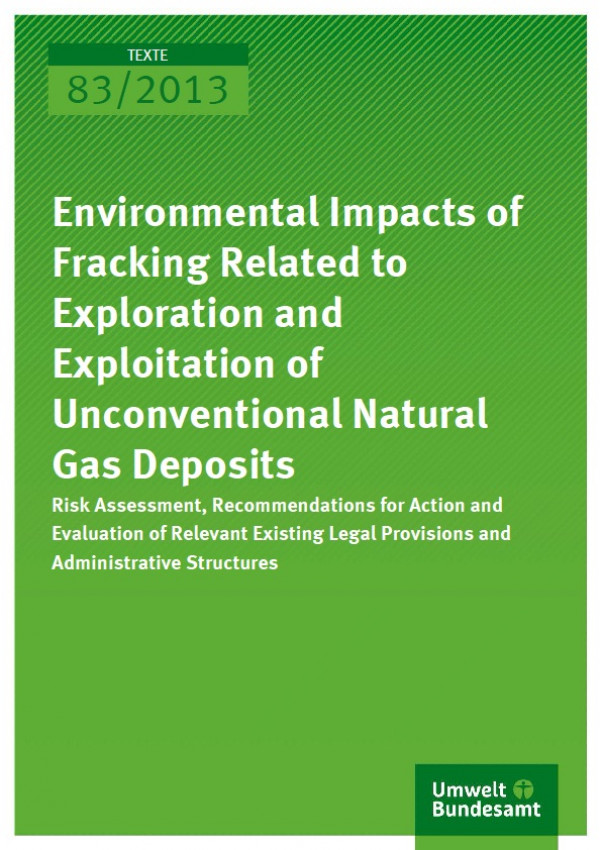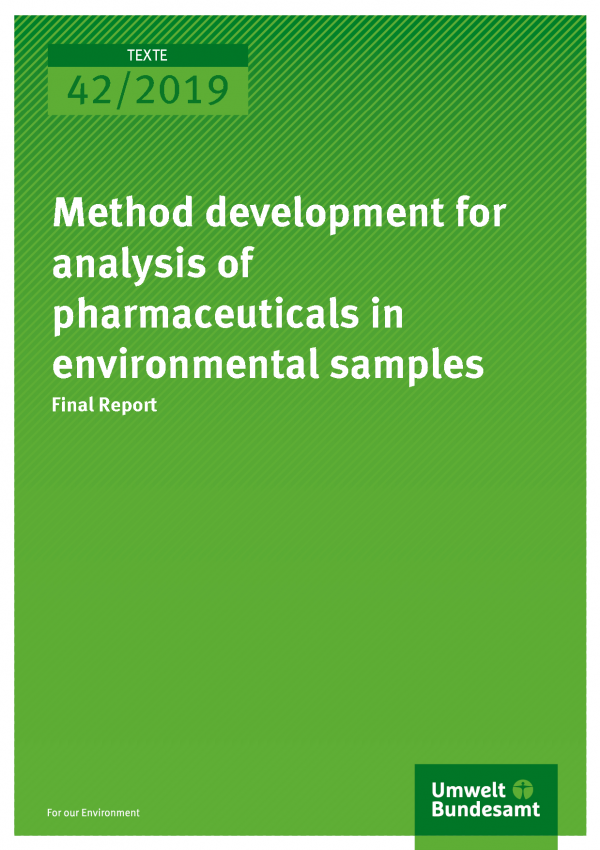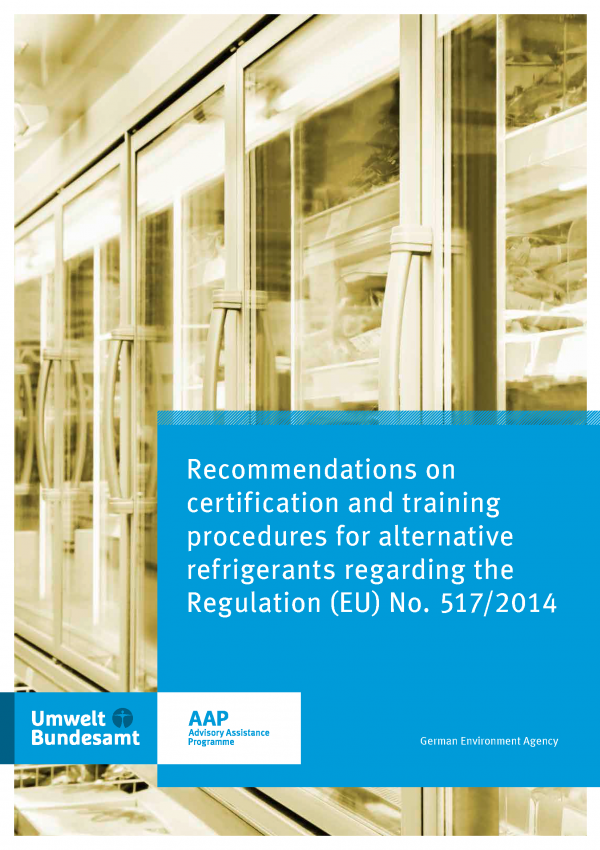Das D3-Modell ist ein system-dynamisches Modell zur Simulation der potentiellen Auswirkung gesellschaftlicher Wandelprozesse auf die Umwelt, die Ressourceninanspruchnahme, die Wirtschaft und Wohlfahrt der Bevölkerung. Das „D“ steht dabei für Deutschland, „3“ für die Bereiche Bevölkerung, Wirtschaft und Politik. Der Bericht umfasst konkrete Erkenntnisse zu den Möglichkeiten und Grenzen der Sim... read more
Your search for "energy transition" resulted in 7228 hits:
Environmental Impacts of Fracking Related to Exploration and Exploitation of Unconventional Natural Gas Deposits
We examine the water-related environmental impacts and the risks for human health and the environment that could potentially be caused by hydraulic fracturing (fracking) during exploration and exploitation of unconventional natural gas reservoirs in Germany. This study covers both scientific-technical aspects and the existing mining and environmental regulations. Both were analyzed with respec... read more
Digitalisierung von Märkten und Lebensstilen: Neue Herausforderungen für nachhaltigen Konsum
Ziel des Vorhabens ist es im Zusammenwirken zwischen Politik, Wissenschaft und Praxis Perspektiven für eine "Politik für nachhaltigen Konsum im digitalen Zeitalter" zu entwickeln und konkrete Maßnahmen pilothaft umzusetzen. Dieser aus dem Vorhaben hervorgegangene Zwischenbericht stellt den aktuellen Forschungsstand, sowie Praxisbeispiele zu Zusammenhängen und Auswirkungen der Digitalisierung a... read more
Method development for analysis of pharmaceuticals in environmental samples
Since the last decades the increasing currency of pharmaceuticals in the aquatic environment and their risk potential for the aquatic life has become an urgent issue. The number of pharmaceuticals detectable in the low μg/L range in the environment is rising each day. Against this background the aim of this project was the development, optimization, validation and comparison of analytical meth... read more
Recommendations on certification and training procedures for alternative refrigerants regarding the Regulation (EU) No. 517/2014
In order to reduce greenhouse gas emissions, cooling technologies based on natural refrigerants with negligible or insignificant effect on the environment and climate have experienced a renaissance in recent years. A variety of highly efficient applications has been developed and has now reached a technical level that makes their use economically viable. Because natural refrigerants require ca... read more
Conference programme
Environmental quality standards (EQS) for priority substances and other substances relating to chemical status
Source: Surface Waters Ordinance 2011 environmental_quality_standards_eqs_for_priority_substances_and_other_substances_relating_to_chemical_status.pdf






